Rare vs. common
Do most cases of autism result from extremely rare and spontaneous genetic mutations or from more common variations? That question has engendered the liveliest debate so far at the SFARI annual meeting.
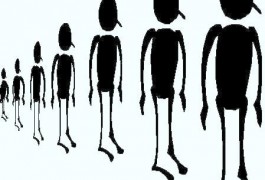
Do most cases of autism result from extremely rare and spontaneous genetic mutations or from more common variations? That question has engendered the liveliest debate so far at the SFARI annual meeting.
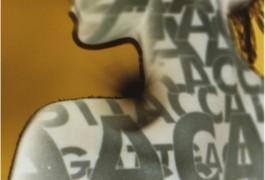
I’m here at SFARI’s first annual meeting in New Orleans, and last night in her keynote address, genetics giant Mary Claire King predicted that as scientists study autism and schizophrenia, they are likely to find thousands — yes, thousands — of big or small unique gene mutations in hundreds of genes involved in dozens of pathways.

The literature on autism is chock full of studies of the condition in children. But studies on what autism looks like in adulthood are far fewer. Last week, one of these rare reports found that the quality of life for adults with autism is determined more by their ability to independently navigate and adapt to the minutiae of daily life — from budgeting for weekly expenses to changing a light bulb — than by their cognitive or language ability.
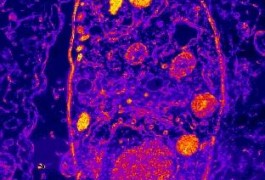
Over the past few decades, scientists investigating what causes schizophrenia have come up with a slew of environmental risk factors, from a mother’s socioeconomic status, to a father’s old age, and the season in which the baby is conceived.
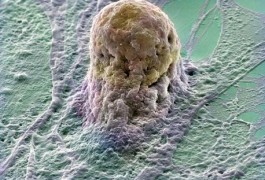
When President Obama said in his inagural address that he would “restore science to its rightful place,” he wasnʼt just making empty promises. After nearly eight long years and an immeasurable setback to stem cell research, President Obama today overturned the restrictions Bush put set up in August 2001, and freed scientists to use federal funds to work with embryonic stem cells. And he did this while still defining himself as a man of faith. Hallelujah!
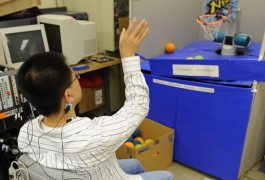
Mechanical engineers are developing technology that allows a robot to monitor the emotional state of a human with which it interacts.
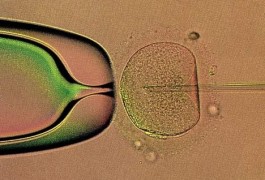
In the 30 years since Louise Brown, the first ‘test-tube baby’, was born, fertility techniques have grown into a major industry, accounting for more than 1 percent of births in the U.S. The general assumption has been that these babies are perfectly normal ― but are they?
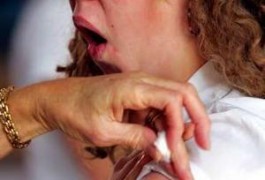
Nearly 1 in every 150 children is diagnosed with autism: itʼs a statistic thatʼs often cited to ‘proveʼ that there is an autism epidemic. The reason I sound skeptical is because previous studies have found that most of the ballooning numbers can be attributed to vastly expanded diagnostic criteria for autism, and that the rise in diagnoses coincides with a drop in the prevalence of other developmental disorders.
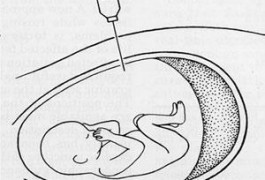
Yesterday, the mainstream media was ablaze with news that doctors may soon be able to screen for autism in the womb.

In 2003, Stephane Jamain and his colleagues reached a breakthrough by taking a candidate approach to the X chromosome, and linking members of the neuroligin protein family to autism.